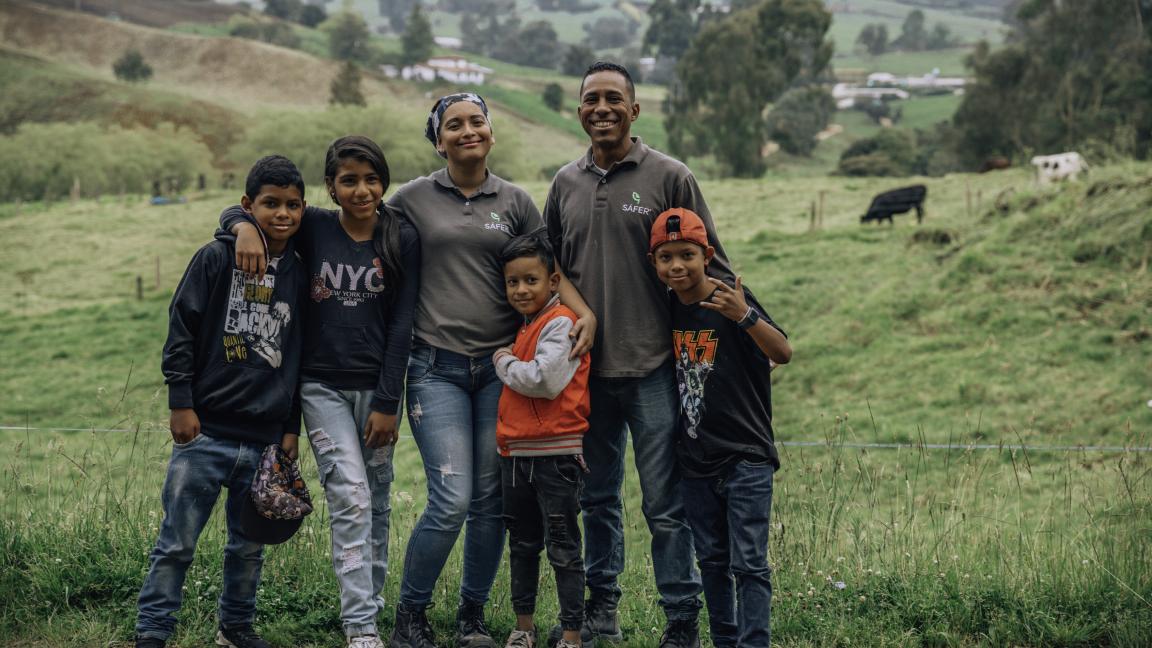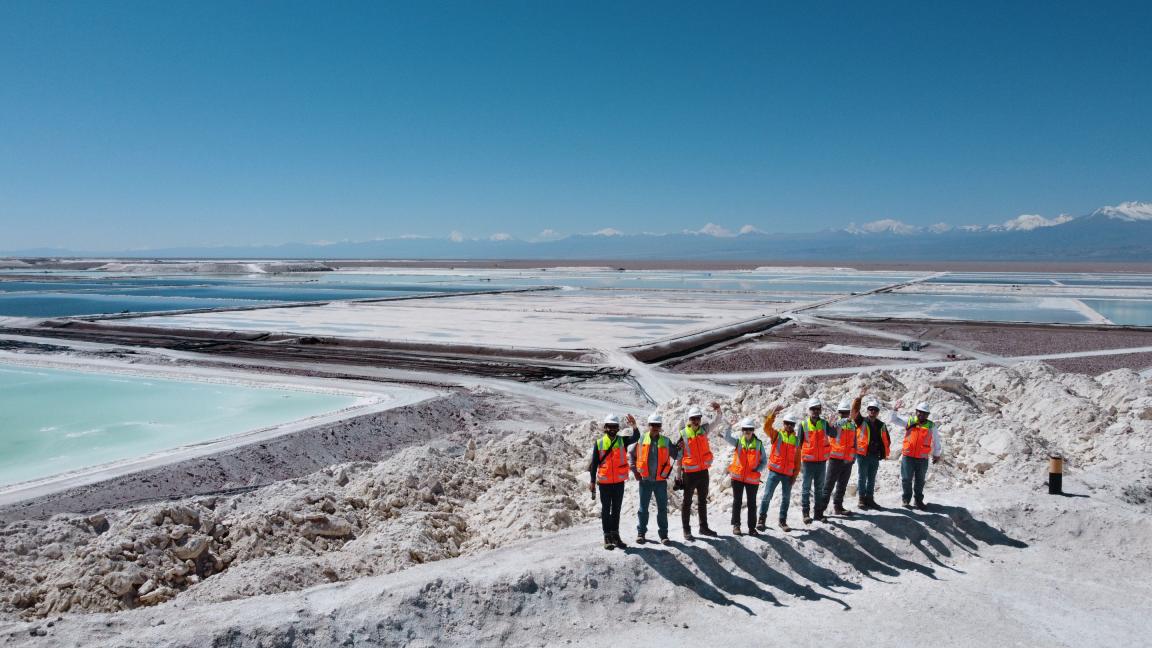Deutsche Gesellschaft für Internationale Zusammenarbeit (GIZ) GmbH has been active in Ecuador since 1962.
Ecuador is among the countries with the highest biodiversity worldwide. But climate change, environmental pollution and exploitation of natural resources threaten these ecosystems. The government is undertaking efforts to control and improve practices in the use of natural resources since current practices often have a risk of contaminating soil and water. Moreover, agricultural and mining practices but also illegal logging in Andean and Amazonian ecosystems lead to deforestation. At the same time, oil and mining are important sources of income in the country. Throughout the country, urban areas are growing rapidly, which results into higher carbon emissions. Moreover, the rapid development of intermediate cities requires planning programmes for climate friendly mobility. Furthermore, immigration, particularly from nearby countries, poses challenges in terms of social cohesion for host communities at the country’s borders. In these areas, decent employment is not available for all.
Our work on site: For biodiversity and social cohesion
In Ecuador, the Deutsche Gesellschaft für Internationale Zusammenarbeit (GIZ) GmbH is active in the following fields:
- Environment and natural resources
- Sustainable cities
- Peace and social cohesion
In the field of Environment and Natural Resources, projects assist in the conservation of biodiversity, forests and sources of water through a comprehensive approach with local governments, research institutions and civil society. The work promotes research projects between Ecuadorian and German universities to implement national strategies for protecting the environment and climate change mitigation. At the same time, projects support communities to increment their sources of income through bio-entrepreneurships which aligns work with the need for environmental protection. Furthermore, small and medium agricultural producers receive support in setting up sustainable value chains and good agricultural practices that do not harm ecosystems.
To make cities more sustainable, projects work to develop policies for mobility with low carbon emissions, adaptation to climate change, energy efficiency, water and sanitation as well as green recovery. Moreover, projects support local governments to use climate financing opportunities. GIZ is working together with municipalities to implement the Sustainable Habitat Agenda 2036 of Ecuador and the National Determined Contributions (NDCs).
To promote peace and social cohesion in border areas, projects collaborate with the host communities. Their work strongly focuses on the protection of rights and they promote peaceful coexistence. Furthermore, GIZ promotes initiatives to prevent violence against women and girls and offers training on issues of gender equality and women's empowerment.
Ecuador in brief
GIZ local staff
As of: 31.12.2025
- 232 National employees
- 17 International employees
Insights


